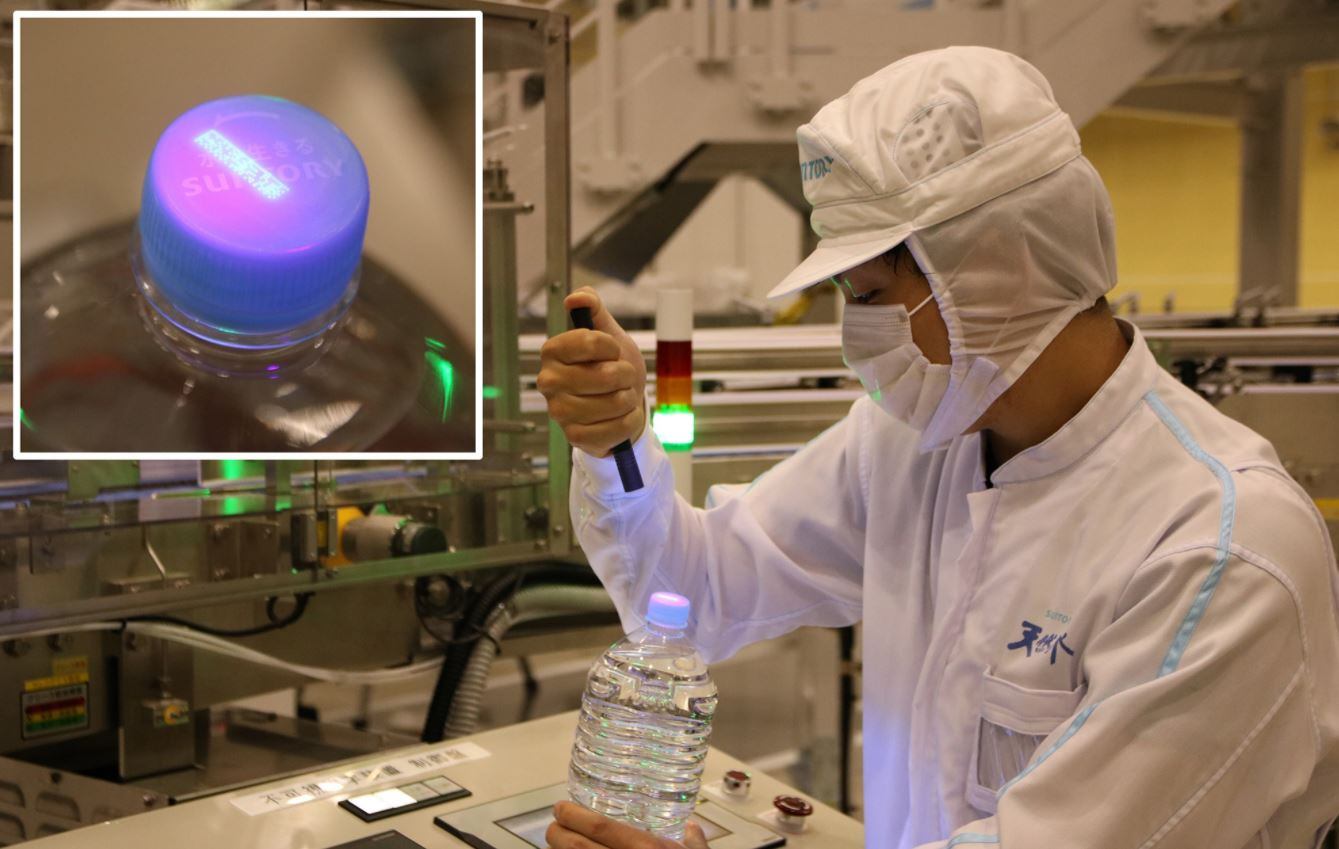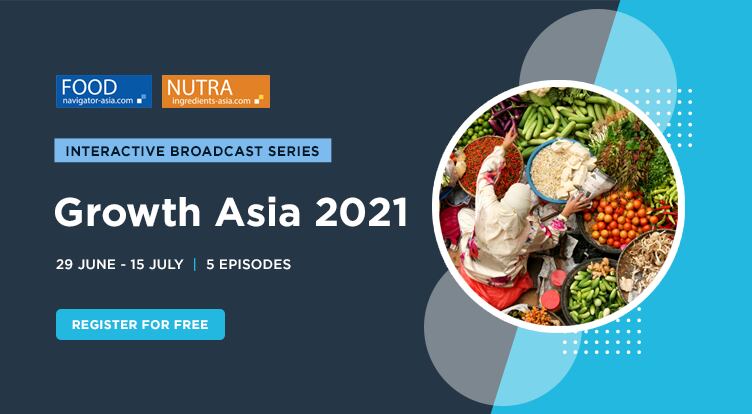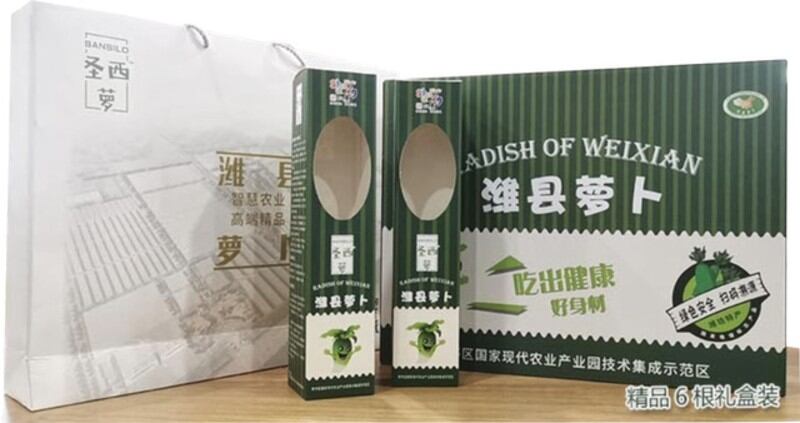The system is being implemented at the Suntory Kita-Alps Shinano-no-Mori Water Plant, which manufactures Suntory Tennensui Kita-Alps, a bottled water product in 550mL and 2L.
The plant is capable of producing 1,000 bottles per minute. Suntory plans to evaluate this model in Nagano, and eventually expand the model to its nine other beverage plants in Japan.
IoT platform
Collaborating with Hitachi, the IoT system took about two years from conceptualising the design to integration of the system.
The decision to develop a next-generation factory model was driven by Suntory’s aim to increase the competitiveness of its operations, according to Ryo Takayama, senior general manager of the engineering department at Suntory Beverage and Food Limited Japan.
Using Hitachi's Lumada solution, it can quickly collect, connect and integrate data from the factory’s production facilities and equipment, as well as from the IT systems for procurement, production, quality management, and shipment.
The type of data collected includes machine information, process data, alarm history, run-stop information, operational and QC results.
Previously, most of the operational data of the factory whether collected by machine or human was not connected to the entire factory system. This meant limited and lacking information.
“We estimated that traceability time to find the cause of the issue and identify the range of defected products in the warehouse would become less than 1/10 compared to current system, if we find defected product in the regular quality control,” Takayama told FoodNavigator-Asia.
Using the information collected, performance indicators such as machine efficiency, water usage, energy usage, maintenance performance, can be generated and reported to allow constant quality improvements.
In addition, it also allows for a faster response when receiving inquiries from consumers related to the products.
New Normal work style
Beyond time saving and quality improvements, the new IoT system also allows for remote working.
The COVID-19 pandemic has shifted work styles, from restricting number of employees in the factory to ensure their safety, to transforming factory management and labour with digital technology.
According to Takayama, “There was still a lot of routine human-intensive labor within the factory, including the creation of reports and the collecting and processing of data needed to respond to inquiries.”
The new IoT platform will complement the shifting work styles.
“Software was installed on the dashboard that allows for visualisation and analysis of required information when needed for different purposes based on data from production facilities and equipment and IT systems within the factory,
“And it has become possible to promote remote work and improve work efficiency through digitalising and automating the previously human-intensive routine labour of data collection and processing.”




